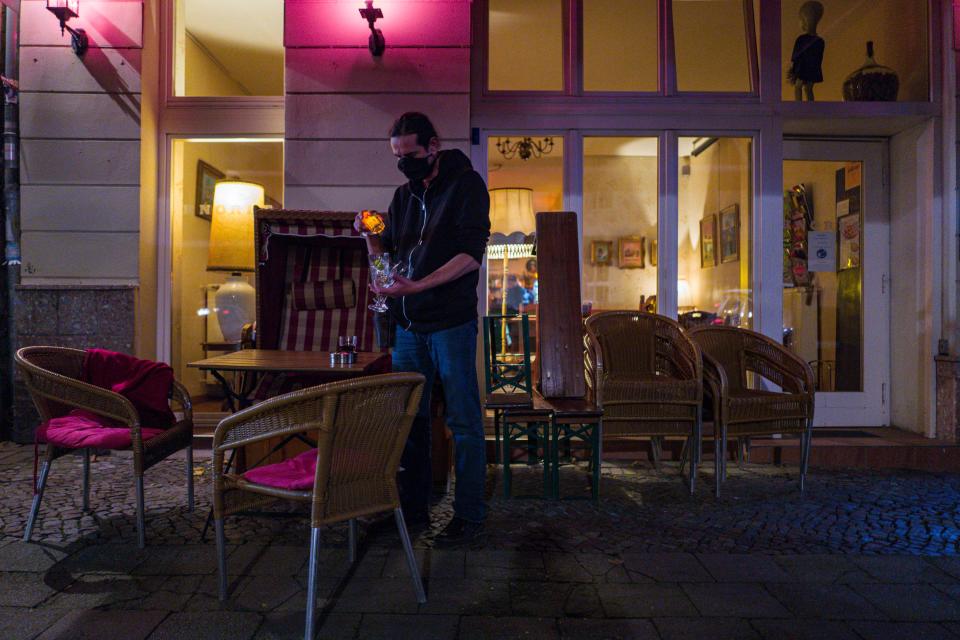Coronavirus: German government defends curfews and travel bans amid outcry from businesses

Helge Braun, the chief of staff at the chancellory in Berlin, has defended the government’s decision to tighten restrictions again amid a surge in new coronavirus infections in Germany.
"We are now right at the beginning of a second wave," Braun told public broadcaster ARD on Sunday.
He said that the government wants to keep the economy functioning and keep schools and kindergartens open, which is “why we have to be a little stricter where the chains of infection are primarily spreading — namely celebrations and unfortunately also through travel."
He said that the ban on people from high-risk areas of Germany going to other states for vacations, and staying in hotels, is a “real emergency measure.”
Germany saw new cases surge to over 4,000 a day on several days last week, mirroring tallies not seen since April.
According to Johns Hopkins University data, the country has had 326,309 cases since the beginning of the pandemic, and 9,626 deaths. But the government has warned that if measures to contain the rise are not implemented now, cases could quickly spiral upwards.
The decision by the majority of Germany’s federal states to ban domestic travel from high-case areas, or force those from risk areas to provide a negative test and quarantine in hotels, has provoked an uproar in the hospitality industry.
Germany is on the cusp of a two-week autumn school holiday break, and hoteliers risk losing huge amounts of money from cancelled trips.
The German Hotel and Restaurant Association said it is expects lawsuits to be filed this week against the ban on accommodation for travellers from risk areas.
READ MORE: Coronavirus: Curfew to curb soaring cases a 'death blow' for Berlin’s bars
"I assume that legal proceedings will be brought here in the next few days," said the association’s managing director Ingrid Hartges in an interview with Bild newspaper. "Is the measure appropriate, necessary and also proportionate in the legal sense? If it is not, it is illegal," Hartges added.

Berlin mayor Michael Müller plans to raise the topic of the accommodation bans at a meeting with Angela Merkel this Wednesday.
Last week, a number of Berlin bar owners also filed a complaint against the city’s new 11pm curfew for bar and restaurant owners, claiming it will kill their businesses. The curfew was implemented after Berlin was declared a risk area, with more than 50 infections per 100,000 inhabitants over a seven-day period.
“The curfew could even worsen the situation, since if all bars, restaurants and clubs close at the same time, it could lead to crowds of people, who may then move in groups to non-licensed locations,” said Lutz Leichsenring from the Berlin Club Commission.
“We need restrictions that enable economic activity instead of preventing it,” said Clemens Fuest, president of Germany‘s Ifo economic institute on Monday.
The Ifo said today that the increase in confirmed cases of coronavirus infections is also in part down to increased testing.
“The October figures cannot be compared directly with April's,” Fuest said. "The infection rate is indeed worsening, but not as much as a direct comparison of the new infections today and during the first wave suggests."
Watch: What is a V-shaped economic recovery?

 Yahoo Sport
Yahoo Sport 





































